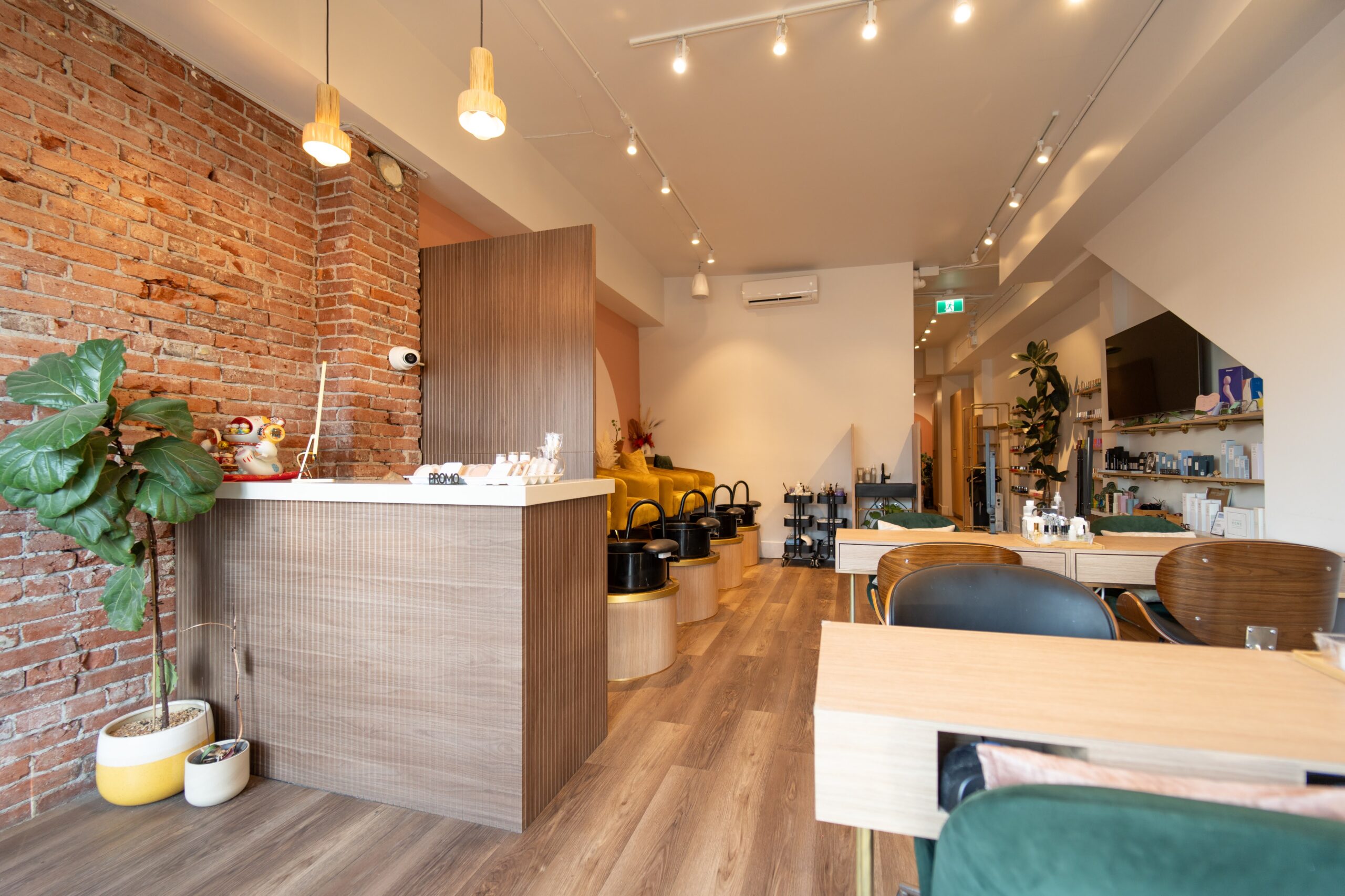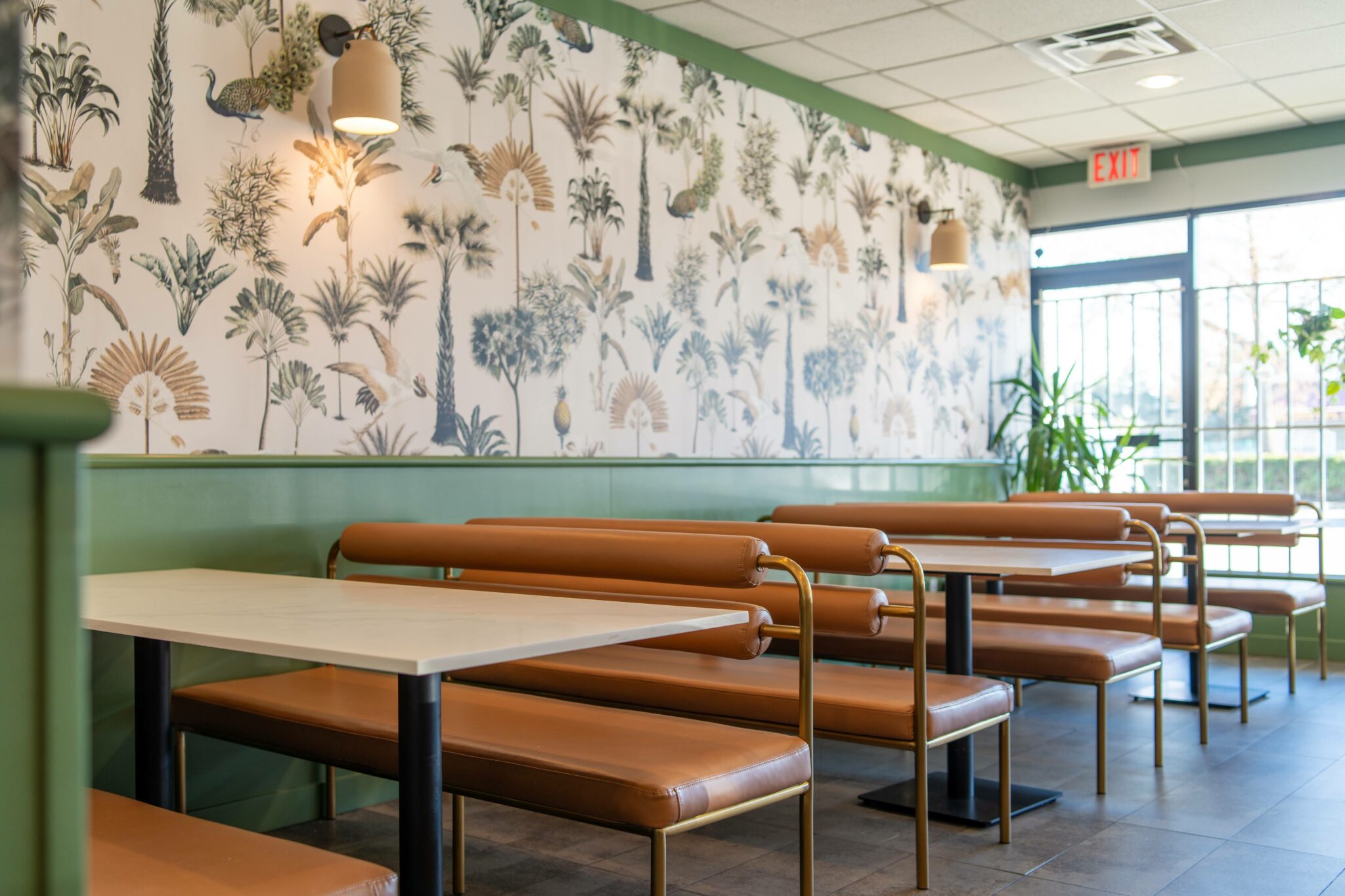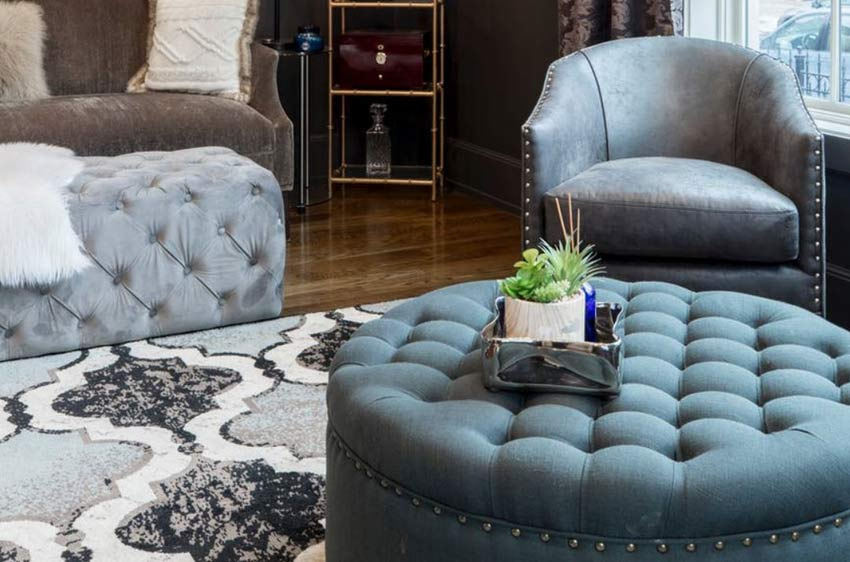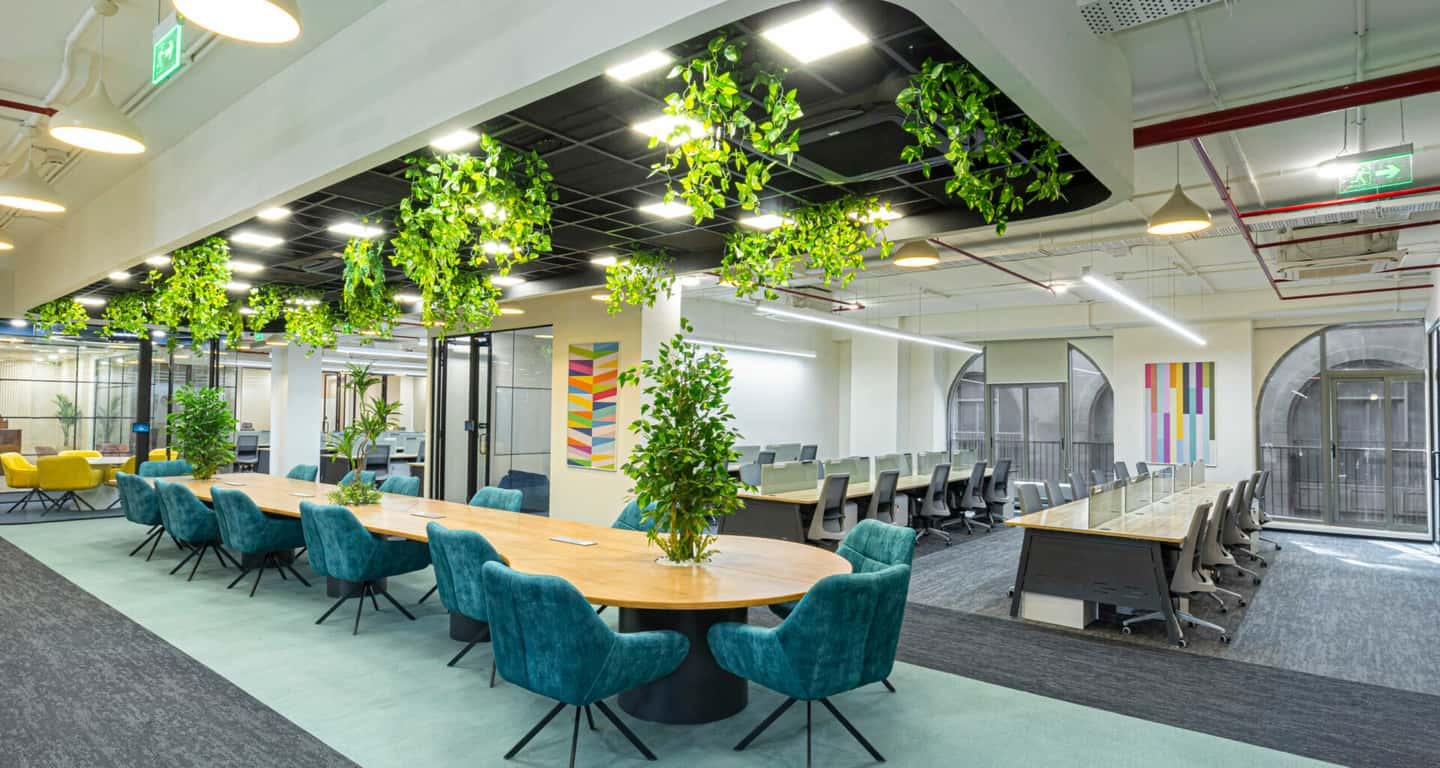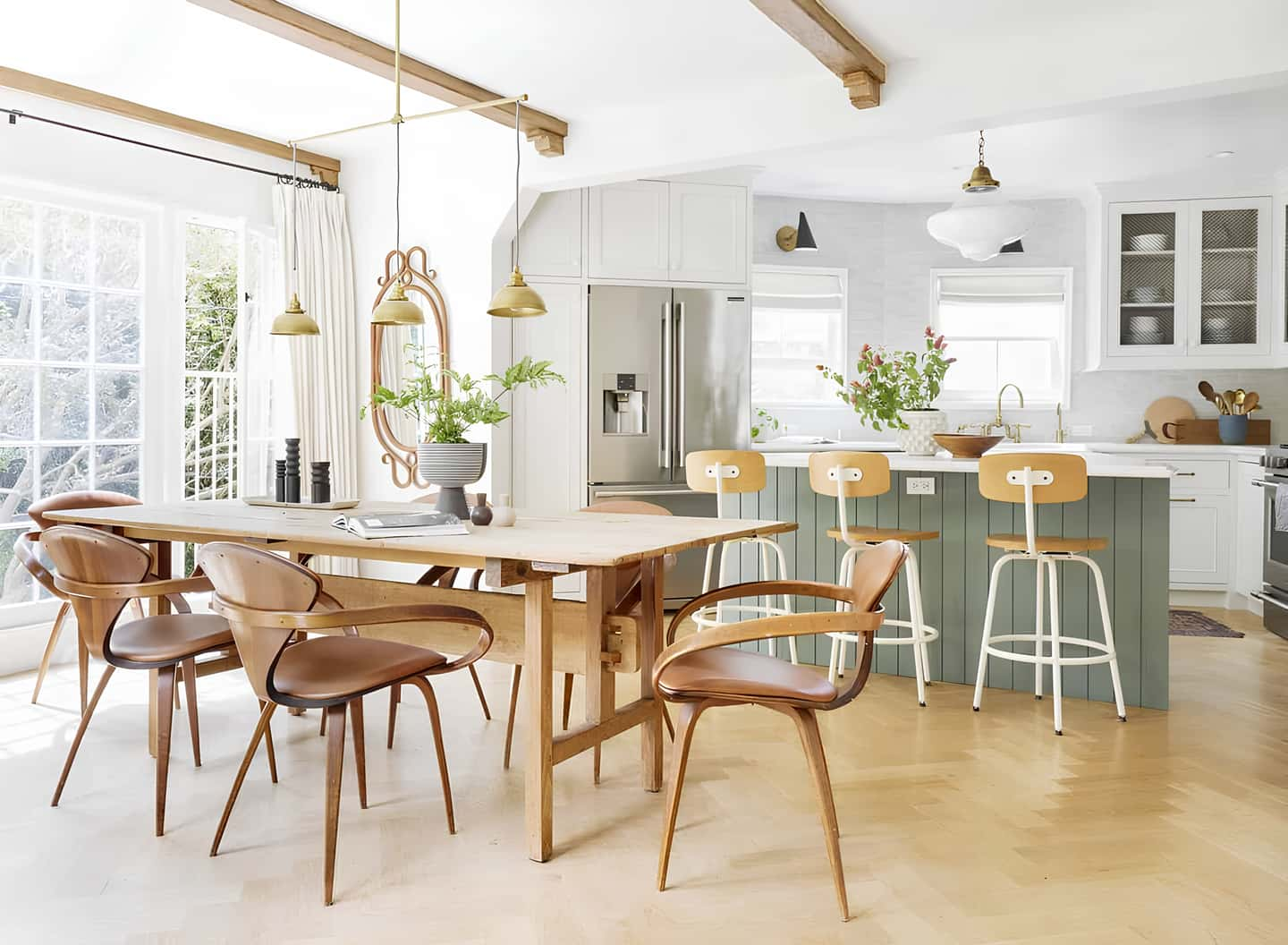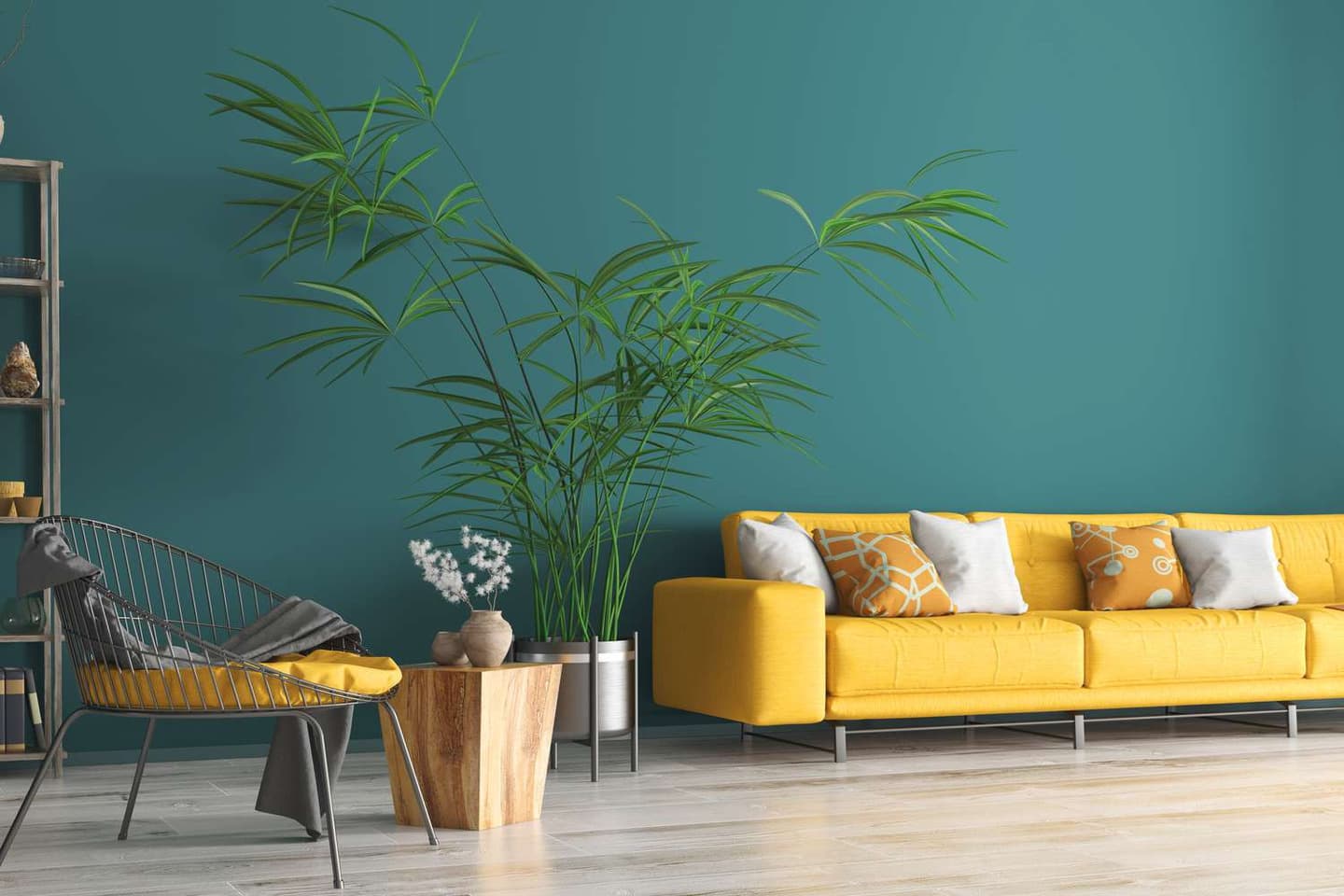In Vancouver’s fast-paced business environment, the interior design of your commercial space is more important than ever. As you strive to attract top talent, impress clients, and stay ahead of competitors, the need for adaptable, innovative design solutions becomes clear.
Interior design for commercial spaces in Vancouver is not just about aesthetics; it’s about creating environments that support productivity, reflect your brand identity, and meet evolving business needs. This guide explores how you can leverage cutting-edge interior design trends to transform your commercial space and achieve lasting success.
The Importance of Adaptive Interior Design
In Vancouver’s dynamic business landscape, the ability to adapt is crucial for success. Adaptive interior design for commercial spaces plays a pivotal role in this adaptability. By creating flexible, multifunctional environments, you can respond swiftly to changing business needs, whether it’s scaling your operations or accommodating new work styles.
Adaptive design enhances productivity by fostering collaboration and innovation through versatile workspaces that can be easily reconfigured. Additionally, it reflects your company’s agility and forward-thinking mindset, which can attract both clients and top talent.
In a competitive market like Vancouver, where businesses constantly evolve, having an interior design that can keep pace with your growth and changes is not just an advantage—it’s a necessity. Investing in adaptive interior design ensures your commercial space remains relevant, efficient, and inspiring, driving long-term success and sustainability.
Trends in Vancouver’s Commercial Interior Design
Sustainable Design Practices
Sustainability is a major trend in Vancouver’s commercial interior design. Businesses are increasingly adopting eco-friendly materials, energy-efficient systems, and waste-reduction practices. For example, using reclaimed wood, low-VOC paints, and energy-saving lighting not only reduces environmental impact but also appeals to Vancouver’s eco-conscious clientele.
Flexible Workspaces
The need for flexibility in commercial spaces is more prominent than ever. Businesses require spaces that can adapt to different needs, whether it’s for collaborative projects or individual work. Modular furniture, movable walls, and multi-purpose areas allow for quick reconfiguration. This adaptability is crucial in a city like Vancouver, where businesses must stay agile to thrive.
Technology Integration
Integrating technology into commercial interior design is essential for modern businesses. Smart office solutions such as automated lighting, climate control, and advanced security systems enhance functionality and convenience. Vancouver businesses are also incorporating collaborative technologies like interactive whiteboards and video conferencing tools to foster innovation and teamwork.
Adapting to Changing Business Needs
In the ever-evolving business environment of Vancouver, adapting to changing needs is essential for maintaining a competitive edge. Interior design for commercial spaces must reflect this adaptability to ensure long-term success. One of the key ways to achieve this is through flexible and modular design elements. These allow your space to transform according to varying demands, such as expanding teams, new technology integration, or shifts in business operations.
For instance, incorporating movable walls and modular furniture enables you to reconfigure layouts quickly, creating multifunctional spaces that can serve different purposes throughout the day. This flexibility is particularly important in a city like Vancouver, where businesses often experience rapid growth and need to pivot quickly to stay relevant.
Additionally, integrating advanced technology into your commercial space can streamline operations and enhance productivity. Smart office solutions, such as automated lighting, climate control, and collaborative tools like interactive whiteboards and video conferencing systems, support a seamless and efficient work environment. These technologies are not just add-ons but integral components of a modern, adaptive workplace.
Incorporating elements that promote employee well-being, such as ergonomic furniture, natural lighting, and relaxation areas, further ensures that your workspace can adapt to the needs of your workforce. This holistic approach to interior design fosters a resilient and innovative business environment, ready to meet the challenges of today and tomorrow.
Final Words
Revitalizing interior design for commercial spaces in Vancouver is about more than aesthetics. It’s about creating functional, adaptable, and sustainable environments that reflect a business’s identity and meet the evolving needs of employees and customers. By prioritizing flexibility, technology, sustainability, and well-being, Vancouver businesses can create spaces that drive success and stay ahead in a competitive market.
Transform Your Space with Ark + Mason’s Innovative Interior Design Solutions
At Ark+Mason, we specialize in innovative interior design for commercial spaces in Vancouver. Our experienced designers understand the unique challenges and opportunities of the local market. We are committed to creating spaces that not only meet but exceed your business needs. Book a meeting today to transform your commercial space and stay ahead in Vancouver’s vibrant business landscape.
Frequently Asked Questions About Interior Design For Commercial Spaces
Q1: What are the benefits of sustainable interior design for commercial spaces?
Sustainable interior design reduces energy costs, enhances employee well-being, and appeals to environmentally conscious customers. In Vancouver, where sustainability is highly valued, this can also enhance a business’s reputation and customer loyalty.
Q2: How can flexible design improve a commercial space?
Flexible design allows businesses to adapt their spaces quickly to changing needs, such as accommodating different team sizes or activities. This adaptability is crucial in a dynamic business environment like Vancouver’s, where flexibility can provide a competitive edge.
Q3: What technological features are essential in modern commercial spaces?
Essential technological features include smart office solutions like automated lighting and climate control, as well as collaborative tools such as interactive whiteboards and video conferencing systems. These technologies enhance efficiency and foster collaboration.
Q4: How does interior design impact employee well-being?
Interior design impacts employee well-being by creating comfortable and healthy work environments. Ergonomic furniture, access to natural light, and relaxation areas can boost productivity and job satisfaction.

I am a design enthusiast that loves writing about the latest trends and style when it comes to commercial and residential interior design. I also love architecture and buildings.

